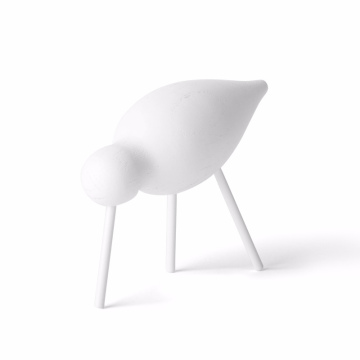The Cultural Significance of Katsudon in Japan
Katsudon (カツ丼) is more than just a savory, umami-rich donburi (rice bowl dish)—it is a dish deeply embedded in Japanese culture, superstition, and culinary tradition. Featuring a crispy breaded cutlet (katsu) simmered in a soy-based dashi broth with silky egg and onions, katsudon represents a harmonious balance of textures and flavors while carrying symbolic meaning in success, perseverance, and home-cooked comfort.
1. A Dish Symbolizing Victory and Success
The name "katsudon" is derived from "katsu" (カツ), which means "cutlet", but it also sounds like the Japanese word "katsu" (勝つ), meaning "to win" or "to be victorious". Because of this phonetic association, katsudon is traditionally eaten before important exams, sports competitions, and job interviews, as a way to bring good luck and success.
- Many students in Japan eat katsudon the night before a big test to boost their confidence and wish for a passing score.
- Athletes often consume katsudon before a game or tournament, believing it will help them achieve victory on the field.
- In professional and business settings, some people eat katsudon before important meetings or interviews as a charm for career success.
2. Katsudon in Japanese Police and Detective Dramas
In Japanese pop culture, particularly in police dramas and crime movies, katsudon is often associated with police interrogations. This trope, sometimes known as the "katsudon technique", involves detectives offering a suspect a warm bowl of katsudon during questioning. The idea is that the comforting, homey nature of the dish might make the suspect lower their guard and confess.
Although not an actual interrogation method used in real police procedures, this fictional stereotype has become deeply ingrained in Japanese media and is frequently referenced in anime, manga, and TV shows.
3. A Symbol of Comfort and Home Cooking
Katsudon is often considered a soul food in Japan, evoking feelings of warmth, nostalgia, and home-cooked comfort. The combination of crispy, golden katsu, soft egg, and umami-rich broth over steamed rice creates a deeply satisfying and hearty meal.
- It is a common menu item in family restaurants, diners (shokudo), and school cafeterias, making it a nostalgic childhood favorite for many Japanese people.
- The dish is often made at home by parents for their children, reinforcing its image as a homely, loving meal.
4. Regional Variations and Culinary Identity
Different regions in Japan have their own takes on katsudon, showcasing the diversity of Japanese cuisine:
- Nagoya-style Miso Katsudon (味噌カツ丼) – Features a rich, umami-packed red miso sauce, giving it a bold and intense flavor.
- Okayama-style Demi-glace Katsudon – Uses a Western-style demi-glace sauce, influenced by yoshoku (Western-style Japanese cuisine).
- Fukui-style Sauce Katsudon (ソースカツ丼) – Instead of simmering the katsu in broth, it is coated in a tangy Worcestershire-style sauce, offering a crispy, punchy contrast.
- Hokkaido-style Butter Katsudon – Incorporates butter and soy sauce, enhancing the dish with a rich, aromatic depth.
Each variation reflects the local flavors and culinary traditions of the region, making katsudon a versatile and adaptable dish throughout Japan.
5. Katsudon as a Culinary Representation of Resilience
Beyond its association with success, katsudon represents resilience and endurance. The dish itself embodies contrast and harmony—the crispy, golden cutlet softened by the gentle, savory egg and broth—symbolizing overcoming struggles while still retaining one’s strength and character.
- In Japanese sports culture, eating katsudon is sometimes seen as a way to mentally and physically prepare for challenges.
- The dish is often enjoyed after hard work or a long day, serving as a reward for perseverance.
Conclusion
Katsudon is not just a meal—it carries deep cultural meaning in Japan, symbolizing victory, comfort, nostalgia, and resilience. Whether it is eaten as a lucky charm before an important event, a soul-warming meal at home, or a regional specialty showcasing local flavors, katsudon remains an iconic dish that connects people through tradition, superstition, and culinary delight.




